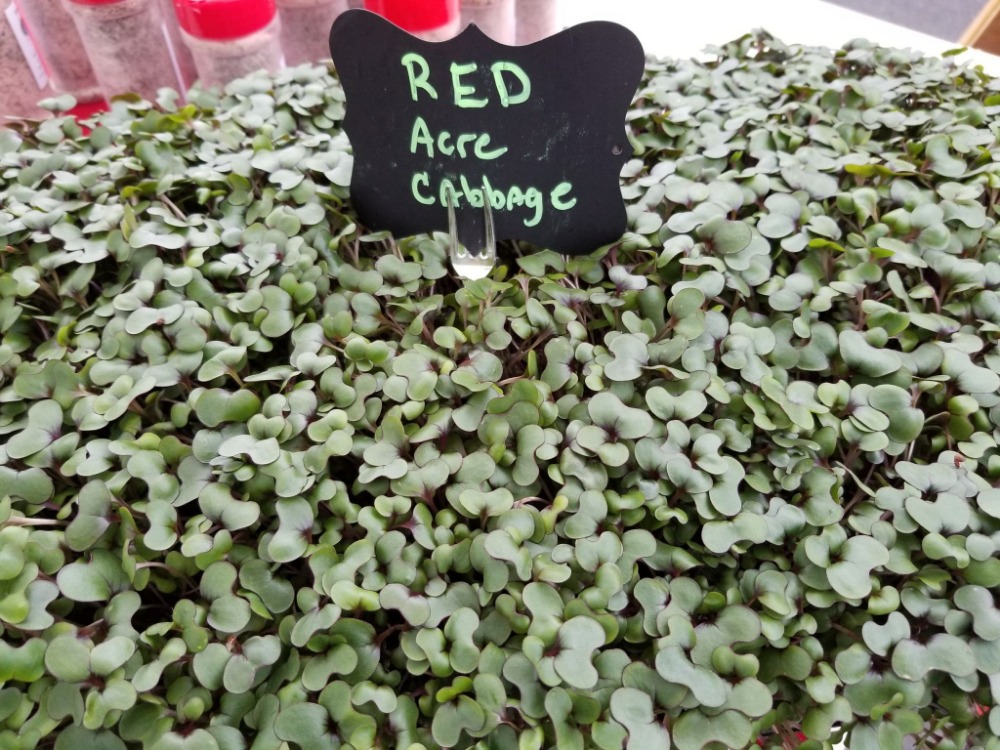Discover the benefits of Hydroponics and compost teas
Hydroponics uses less water and produces higher yields than soil based growing, now coupled with compost teas we have a truly organic method that can be used in cities to increase healthy food production.

Hydroponics has been around for a long time, as far back as the hanging gardens of Babylon. In principle its a growing system that does not use soil. Water is circulated around a system and the plants grow into a substrate the water contains nutrients and the plant feeds from these nutrients and grows. With the addition of lights you can have an indoor growing system.
What are the benefits of a hydroponics system?
The major benefits are water saving and increased yield. Plus without the need for soil you can grow anywhere with access to electricity. Including indoors and creating warehouses full of growing plants in cities close to the consumer.
Water consumption can be reduced by around 90% compared to regular soil grown crops, where water is scarce or expensive this can make a huge difference.
Yields of crops grown can increase dramatically too as the plant is optimised for water and nutrient flows at all times, it can just thrive.
What are some of disadvantages of a hydroponics system?
You have to buy some kit to get started and you have to learn how to use it. A simple system will require a water reservoir, tubes, growing containers, a water pump and substrate to grow your plants in.
If this is your first time to use hydroponics you would be advised to start small, learn how it all works and if it goes well, upscale from there.
You will need access to electricity to run a pump and maybe lights if you are doing it indoors. How your electricity is produced could be a question as to the sustainability of a hydroponics system.

Image credit. https://trees.com
What plants can I grow in a hydroponics system?
- You can grow pretty much anything that does not have a deep root, carrots and potatoes do not make good plants for this kind of system.
Here are some examples of plants that grow well in hydroponics.
- Vegetables: Lettuce, Spinach, tomatoes, kale
- Herbs: Basil, chive, oregano, mint
- Fruits: Strawberries, hot peppers

Jesse Rogers a pure grower, gives his insights into the benefits of hydroponics using compost teas.
What are the differences between soil grown and hydroponically grown plants?
Plants need nutrients, water, warmth and light to grow. If we provide sufficient amounts of each of those things we get a yield. If we oversupply or under-supply those things we will reduce our yield. Hydroponics looks to provide all of those elements in optimal amounts and therefore provide optimal yields.
However, in organic soil with presence of beneficial microbes plants can select from many different minerals and nutrients and in multiple compound types and isotopes. Around 90 different elements are available from the earth that the plant can select from. However just like in Industrial non organic farming we use artificial fertilisers to feed the plants in most hydroponics systems. A good nutrient solution will have around 15 nutrient types that the plant can use. Now yes, the plant grows but, can it produce all the complex chemicals that we as end consumers need for our continued good health if it cannot choose from the 90 different nutrients and minerals available from mother nature? Here try to make this car, but we are not going to give you any tyres or suspension, you could make something that kinda looked like a car, but really it would not work, its the same for plants when we give them limited choices in the form of artificial fertilisers.
.png)
What is the solution to make hydroponics organic and produce highly nutritious plants?
The same way we feed the soil, with compost to increase the beneficial micro-organisms we can for hydroponics, using compost teas. Compost teas can be made using, water, compost, non sulphured molasses, rock powder and an air pump. The tea can be brewed in around 3 days and will then contain all the living beneficial microbes that will work beneficially with your plants to provide them the nutrients that they want from the rock solution. Plants cannot easily breaks rock particles up, but the microbes can. The plant sends out a shopping list via root exudates, the microbes go off and find the shopping, bring it to the plant and receive a sugary starch as a reward. A win-win relationship. Now we have the benefits of hydroponics, with water saving, yield increase, ability to use indoor lights and vertical garden for urban populations and have highly nutritious nutrient dense foods.
The electrical cost of the system can be offset by the lower transportation energy costs of supplying to a local market. The Agricultural land can now be rewilded and regenerated with native species, helping carbon sequestration and creating habitat for native flora and fauna.

Written by Russ Manning
Selected photos from Jesse Rogers


